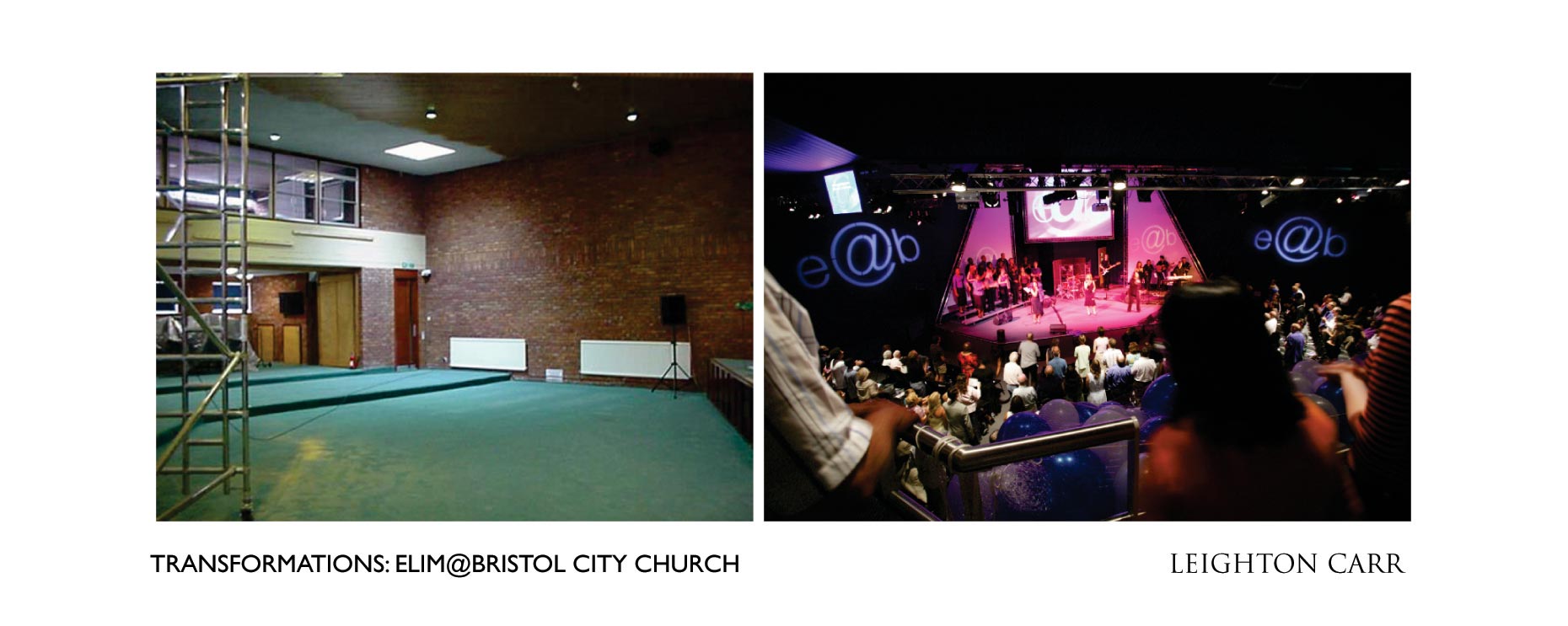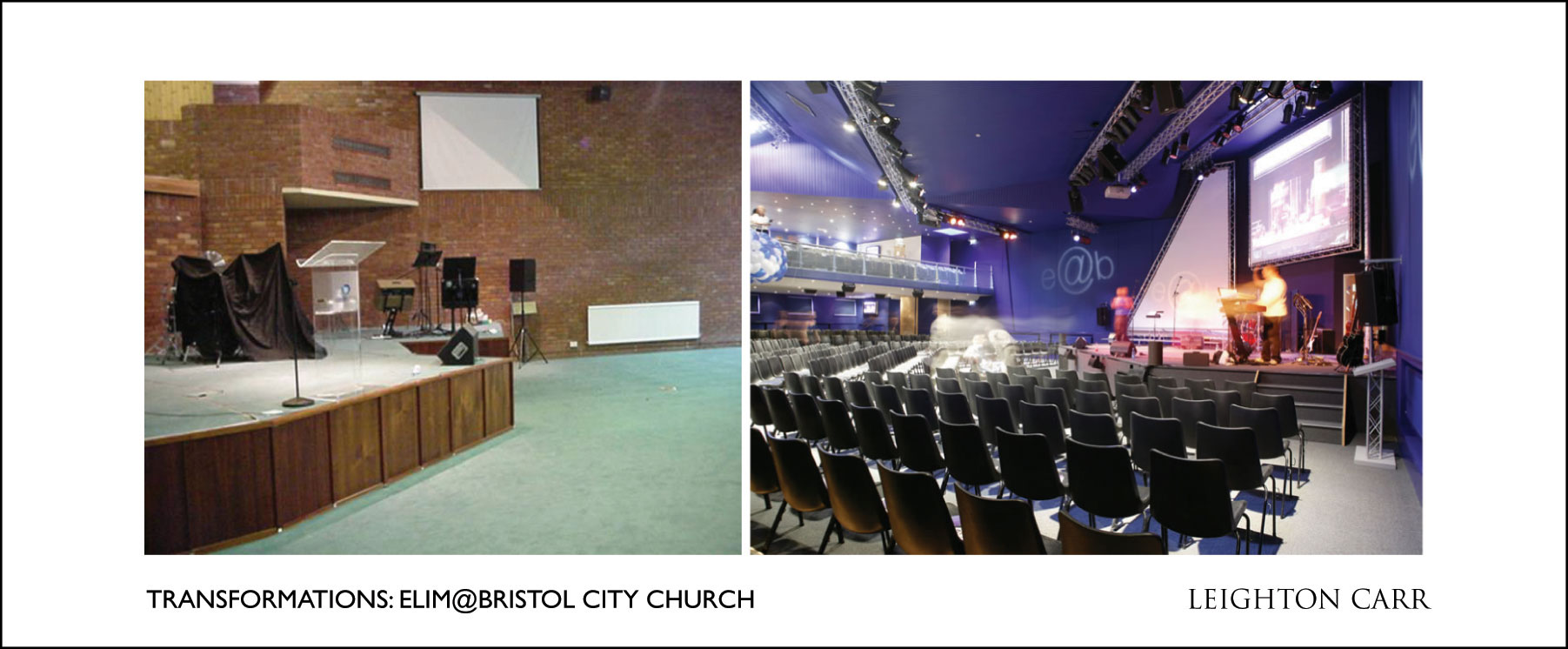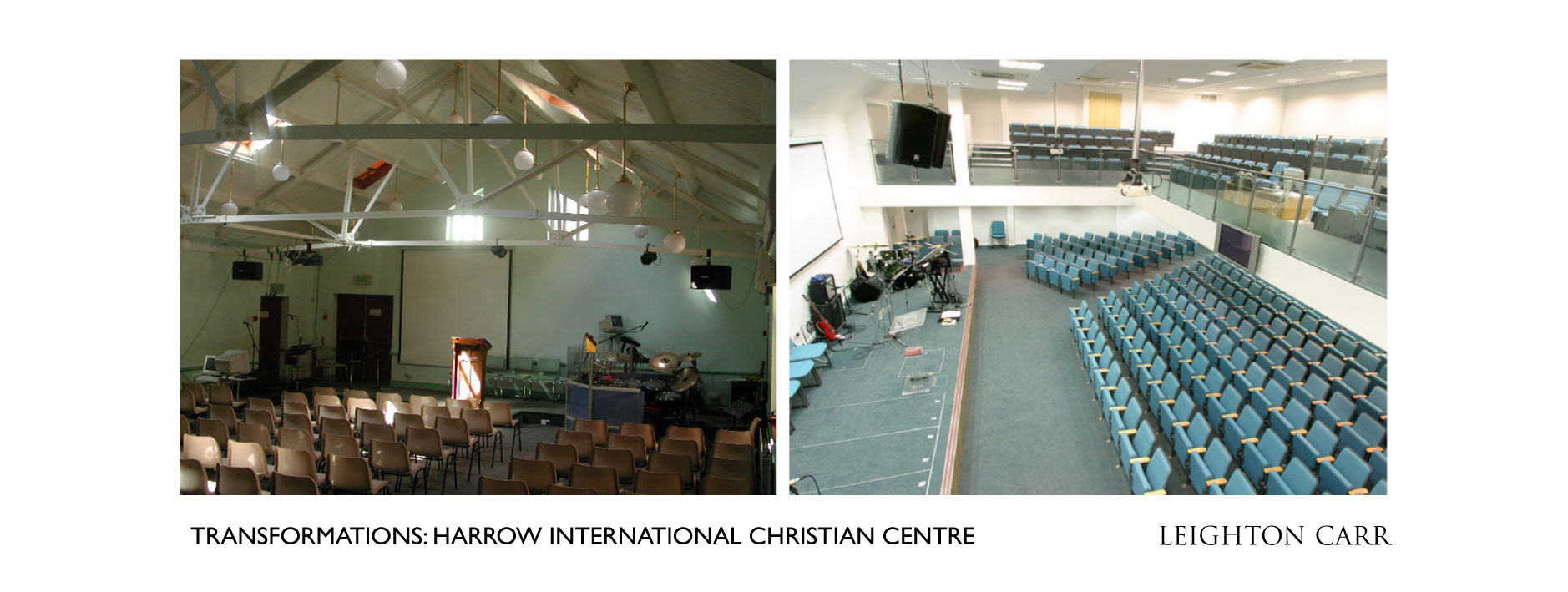Transformation: elim@bristol city church (1)
Pascal Under Pressure
“I’m sorry I wrote you such a long letter. I didn’t have time to write a short one.”\r\n\r\n… said Blaise Pascal
Transformation: Harrow International Christian Centre
Taking it for granted?
‘It’s the thing we take for granted that we have to think about…’\r\n\r\n… said Ken Richardson, educationalist.\r\n\r\n
Transformations: The Enclave, Dallington Street, Clerkenwell (4)
The Work Project – Effective Transformation of the Workplace
About two years ago I floated the idea of a seminar/group coaching session focused on transforming the workplace. It’s where many of us spend most of our time and where we feel most in need of support, affirmation and assistance.\r\n\r\nLast year the idea was developed in more detail when I was thinking about a mission strategy for Bradley Stoke, an area on the Bristol North Fringe. It was one of five big ideas to help the church become more outward looking and more effective in improving the day to day lives of ordinary working people. The broader context can be seen in the book Mapping Mission Opportunities.\r\n\r\nThis year it’s moved on again. Working with Rob Hook of the Business CoPilot, we have zeroed in on some practical details. We have sent out a survey to 50 people we know in the workplace to ask what are the the real issues they face. Being practically minded we are also asking what is the ideal format for coaching/teaching/talking about our individual performance in the workplace so that each of in turn may transform the workplace for every person around us.\r\n\r\nThe summary sent out with our survey is here The Work Project – effective transformation of the workplace or click on the image below. It can also be found at our website TheWorkProject.0rg.uk.\r\n\r\nIf you are in work and we haven’t asked for your opinion, and you would like to complete our questionnaire, please email me at thestudio@3zonline.co.uk or Rob at robh@businesscopilot.co.uk.\r\n\r\n
Transformations: The Enclave, Dallington Street, Clerkenwell (3)
Mapping Mission Opportunities in Bradley Stoke
A number of conversations took place in 2011/2012 about how the Anglican churches of Bradley Stoke could reorganise to improve their mission and work in the area, including changing the parish boundaries.\r\n\r\nAfter a significant period of research and reflection I was able to start mapping (literally) mission opportunities in the area and a strategy started to emerge.\r\n\r\nFive opportunities for effective work emerged, including creating an education hub to serve the 12 schools in the parish, and developing a strong ministry to families, who make up nearly all of the 27,000 people in parish.\r\n\r\nThis document is a brief working example of how large and complicated parishes might start to consider mission through attention to detail in the urban fabric.\r\n\r\nIt is still only a first draft and it has not been refined by local collaboration, which is essential in mobilising the whole church in effective service.\r\n\r\n
How many theologians does it take to turn the light on? Part 2 – William Temple
The blog “How many theologians does it take to turn the light on? Part 1” implies that when we argue about faith we are for the main part misguided.\r\n\r\nWe argue with the wrong people (imaginary ones who mainly exist in our heads) and on the wrong subjects (questions not being asked by most people) and in the wrong way (without connecting our heads and our hearts).\r\n\r\nThe approach a person takes towards faith is rarely through argument alone. Otherwise how would the church grow in places where intellectual argument is not the currency of daily life. And yet surprisingly the church does grow in less educated communities around the world. (As an aside, it begs the question: why are the largest Churches in the Church of England almost exclusively middle class? I think it’s mainly due to a misunderstanding about the central work of the Holy Spirit in the miracle of faith).\r\n\r\nAnyway, on the question of argument, William Temple put it best and put it this way:\r\n
“I do not suppose that any man has ever lived who began actually to practice any religion on intellectual grounds alone. And for ninety-nine people out of a one hundred the importance of the intellectual statement is rather that it removes barriers to their spiritual activity than it ever launches them upon it.
\r\n
But there are some problems (although I believe in fact there is only one) which fall within the field of philosophy and genuinely hinder from worship those who would desire to offer it. That one is the problem of evil. The others I believe to be conundrums asked in a spirit partly of levity and partly of the search for an excuse that the claim made by the Gospel upon our allegiance may be avoided.
\r\n
If any of you are supposing that you are definitely hindered from trusting God by purely intellectual doubts, I want to ask you how much you want to trust him. Because if you do not want to trust him or find a god to trust, then no amount of argument will lead you to it. And the desire must be kindled some other way than by argument.
\r\n
But if you do desire it, even if you desire it only because you have seen what it means in the lives of some other people, then you will be right to sift and test as rigorously as you can by the activity of your mind the case that is put forward for belief in God. And at least you will become aware whether your faith is something that you can present rationally or is something to which you are still holding (as, when all is said and done, some of the greatest saints have held to it) even though you can find no clear balance of reason in favour of it.”
\r\n(from Basic Convictions; Harper and Brothers, 1936)




